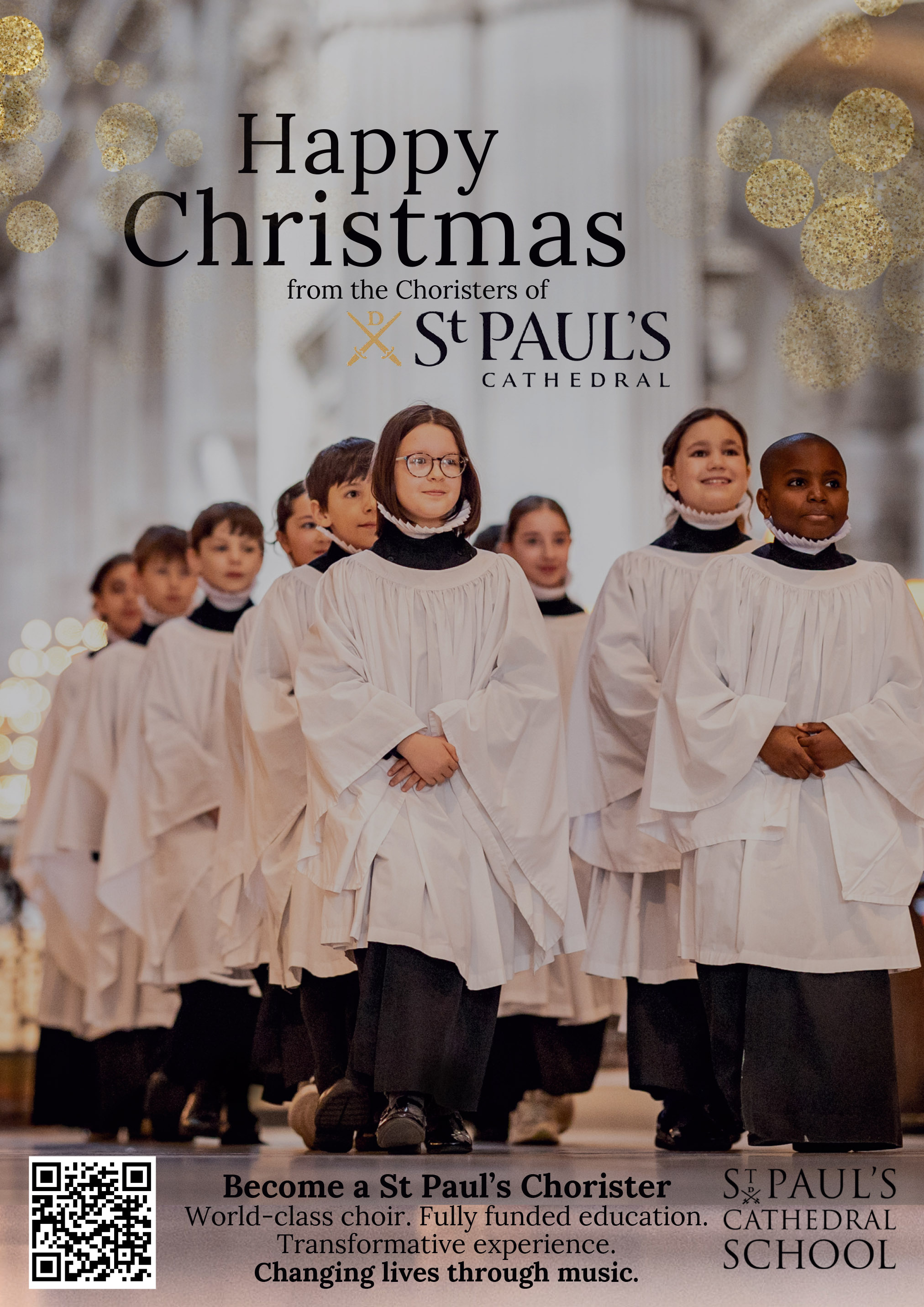There are many instances where church musicians find themselves taking the lead. This can occur in a wide variety of circumstances and often involves non-musical elements of the service just as much as the musical ones. There is more responsibility attached to the seemingly straightforward act of playing a few hymns or songs during a service than might initially appear. I say ‘responsibility’ because what you do, how you do it, and the always-important question of when you do it can all have a profound impact on the worship experience.
Leading music with an instrument in this way also requires a degree of confidence. To launch into a loud playover for a celebratory processional hymn when you're seated at the organ, with everyone else gathered at the other end of the church, takes no small amount of nerve. With its breath-like quality and unique ability to sustain sound, a skilfully played organ can do a wonderful job of encouraging people to sing during worship.
Of course, there are many other ways of leading a congregation in song, and all of them should be valued. Simply standing in front of a group and leading with your voice can be very effective - though this too requires confidence, as well as at least some degree of skill development or preparation. However, it is well within the reach of many, so do give it a try.
Amidst the diversity of instrumental groups, praise bands, and unaccompanied singing, we must not overlook the role of organs, which still stand in so many churches. More importantly, we must recognize the vital role played by those who play them. The issue is not that we lack organs; the real challenge is that there are not enough people trained to play them.
2025 will be Play the Organ Year. The RSCM has been part of a steering group supporting the Royal College of Organists as they develop plans and resources for this initiative (you can find relevant links on our website). A key aim of the project is to demystify the organ and encourage people simply to try it. This may present a challenge for some. Over the years, as an organist, I have lost count of how many ‘do not touch’ signs I’ve seen on organs! While understandable, given that they are expensive instruments, we must remember that if we truly treasure and value them, we must also be committed to sharing them. We must invite people to try, without judgement, even if they are not yet capable of playing Bach fugues.
We also need to be welcoming and understanding. It takes time for someone to progress from their first attempt at playing the organ to being able to play four hymns during a Sunday service. But with the right support, encouragement, and time to develop (and our Church Music Skills course and Complete Church Organist resource books can help; find out more on our website and webshop), we can increase the number of people who are able to contribute to leading worship. For church music to thrive, we need this to happen!
I encourage you to think creatively about how you can contribute to this initiative.

